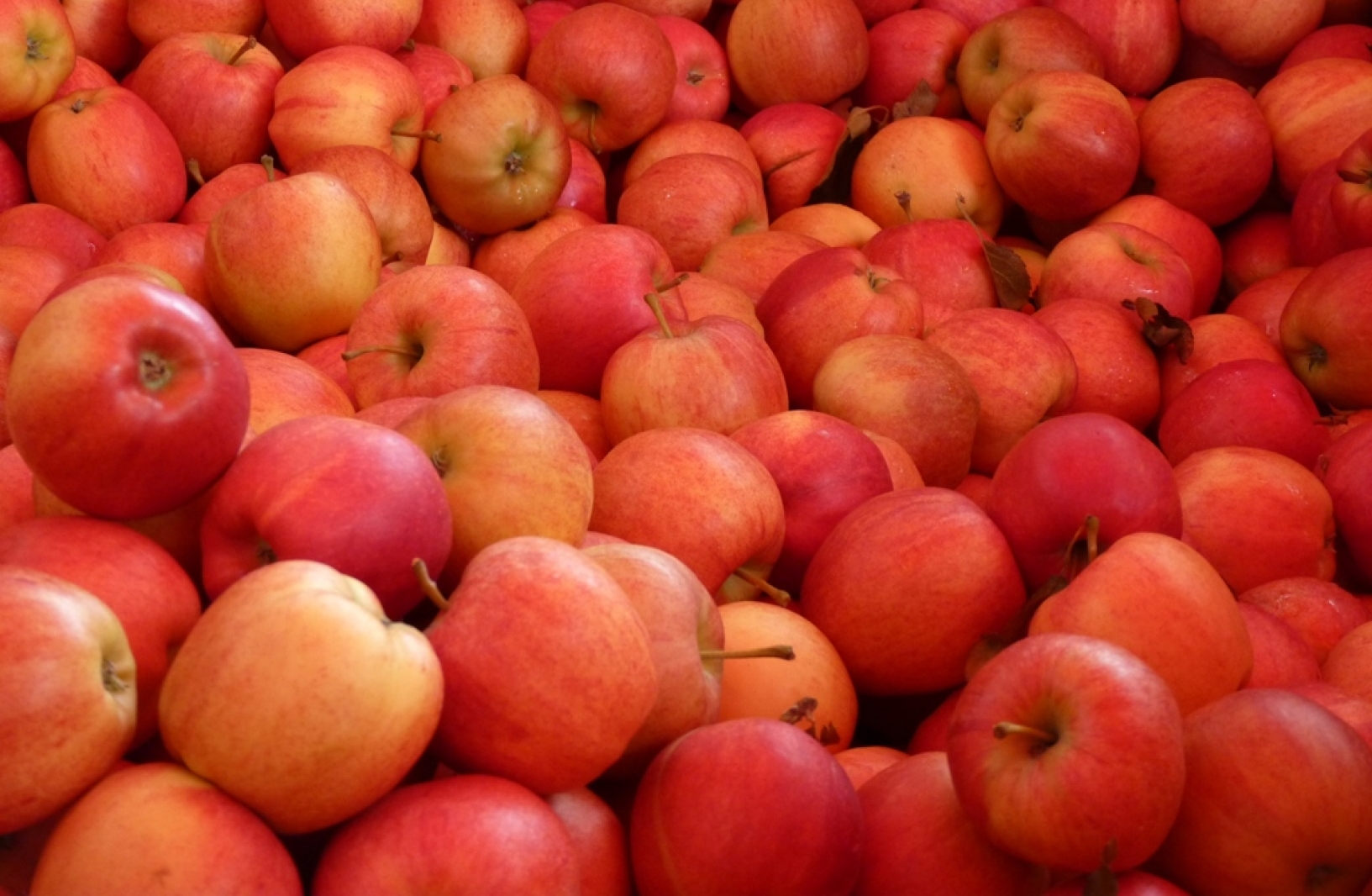
In the Centre of Research & Innovation seven laboratories and two classrooms will function:
- Laboratory of Extrusion
- Laboratory of Energetic Biomass
- Laboratory of Functional Food
- Laboratory of Growth and Culture of Algae
- Laboratory of Plant Growth and Adaptation to Environmental Conditions
- Laboratory of Soil Erosion
- Laboratory of Microbiology and Biochemistry
- Unit of Nanomaterials Structure and Properties
- Unit of Material Preparation
One of the major problems associated with the biogas production is the formation of large amounts of sludge digestate. Apart from to well-known methods of dealing with sludge researchers from Institute Agrophysics will seek for new methods of waste management including extrusion. Extrusion is the process of heat treatment of the material (up to 200 ° C) and pressure (200 atm.). Sludge digestate contains mainly inorganic compounds, raw organic residues and bacteria. It is assumed that the extrusion material will be sterilized and change into extrudates (pellets). The physico-chemical properties of the resulting products additives of micro-and macro-fertilizer will be determined. Additionaly, it will be selected organisms to enhance the soils quality. One of the results will be the optimatization of the extrusion process to formed pellets with suitable campressibility, mechanical strength and proper porosity. The material will be tested before and after the treatment process to determine content of certain minerals and biological ingredents. Research carried out in the Laboratory of Extrusion will be oneof the three strands of research field of the Institute: to protect the environment as part of sustainable use of sludge digestate.
<<
Laboratory of Energetic Biomass
The search for new sources of renewable energy in the laboratory research will be conducted on the development of technologies for capturing mustard oil-straw in the field as biomass energy. Implementation of research results would rise to a new direction with a new crop of mustard its energy economic use. There would be the possibility of using agricultural land for purposes not connected with food production. Easy to implement the proposed solution to the practice can base it on the existing crop technologies, briquetting and pelleting and burned materials, and innovation is the extension of them to be used as a new material oli-straw of energy.
<<
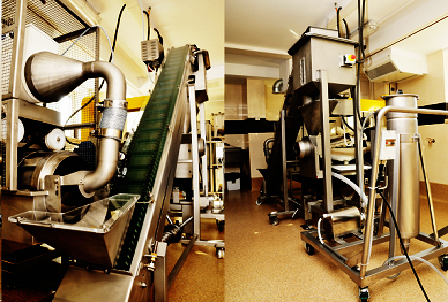
A pilot innovation-production-technology line will be launched at the Laboratory; it will be based on modern solutions facilitating production of consumable salad rapeseed oil with high natural health-promoting properties. Valuable compounds, i.e. carotenoids, tocopherols, and sterols, will be retained in the oil. Application of modern research methods will contribute to elimination of the impact of such factors as light, high temperature, and oxygen from the production process, which will ensure an original and unaltered composition of fatty acids in the oil, a quality that is desirable from a consumers’ point of view.
<<
Laboratory of Growth and Culture of Algae
The Laboratory will focus on development of technologies for the most effective and rapid growth of algae on a “semi-industrial” scale. Biomass produced will be used for biogas production based on methane fermentation. The scope of the Laboratory research will include:
- selection of algal species exhibiting the capability of rapid biomass production and choice of optimal proliferation methods
- selection of optimal growth conditions
- assessment of the biochemical composition and energetic value of biomass
- assessment of the possibility of utilization of municipal waste as a source of phosphorus, potassium, nitrogen, and other components in order to intensify microalgal biomass production
- determination of the conditions of natural concentration of biomass and conditions of artificial separation of microalgal biomass from water
- use of photovoltaic batteries for enhancement of algal photosynthesis.<<
Laboratory of Plant Growth and Adaptation to Environmental Conditions
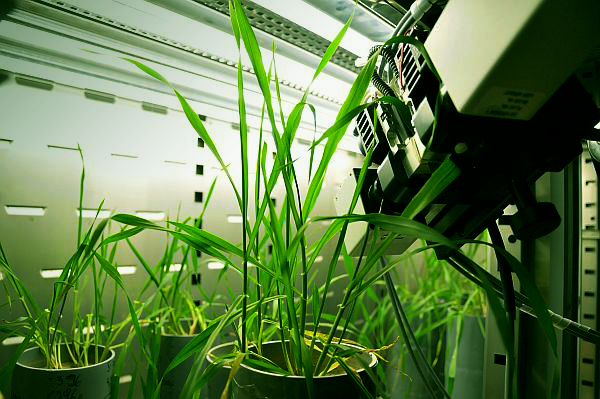
Studies in the laboratory are related to plant growth adaptation to various environmental conditions, particularly to:
- Effect of toxic concentrations of aluminum and cadmium and other heavy metals such as: cooper, zinc, nickel, lead in the root environment on root cells within meristematic zone,
- Resistance of various varieties and crop species to water shortage (drought),
- The impact of soil physical properties on the nutrient uptake efficiency by plant roots,
- Evaluation of new plant varieties response to multiple environmental stresses (e.g.soil compaction, water shortages, low and high temperatures),
- Metabolic reaction of plant cells to environmental stresses.
Measurements will be conducted in soil, hydroponic and aeroponic systems. The methodology will allow for precise control of root and shoot growth conditions such as soil moisture, composition, acidity and aeration of nutrient solutions, temperature and photoperiod. Hydroponic and aeroponic systems of plant cultivation will allow for non destructive collection of root material for further studies.
<<

Laboratory provides studies of water erosion processes and evaluation of effective use of various type of soil amendments to prevent erosion. The studies comprise on:
- mechanisms of water erosion processes in conditions close to natural rainfall,
- establishment of soil classification according to erosion risk,
- application of organic and non-organic soil amendments used to prevent erosion,
- analysis of water quality in surface and subsurface outflow in soils modified with various types of amendments,
- evaluation of conditions of rill development in soil and ground (i.e. road embankments) and methods to prevent it.
The problems concern not only the scientific purposes, but also an application of research in practice with the aim to maintain soil and water quality and prevent erosion in agricultural land and local infrastructure.
Laboratory of Microbiology and Biochemistry
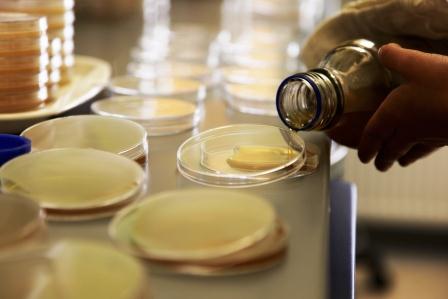
The work in the Laboratory will be focused on:
- selection of microalgal species with the ability for rapid and effective biomass growth; application of the most optimal methods of microalgal multiplication as raw material for the biogas-yielding fermentation process
- investigations of the carbon and nitrogen transformation in the soil and plant growth and development
- investigations of greenhouse gas emissions from agricultural soils and natural ecosystems
- research on greenhouse gas release and absorption by selected plant species
- investigations of soil processes (including transformation of organic matter, nutrient mobilization and redox processes) catalyzed by soil microorganisms
- study of the activity of enzymes specific for the metabolic pathways in microorganisms and plant tissues
- analyses of respiration and gas exchange in agricultural materials during storage
The implementation of these tasks will provide better understanding of processes occurring in the soil-plant-atmosphere system and create the possibility to develop recommendations and guidelines for sustainable agriculture, food storage and production and to improve the quality of plant feedstock used in energy production. Particular attention will be paid to improving the safety, quality and production efficiency accompanied by minimization of the adverse environmental impact.
<<
Unit of Nanomaterials Structure and Properties
Research and development of the laboratory will concern on structure and physical properties of nanomaterials which are key parameters of their textural, sorptive and catalytic properties.
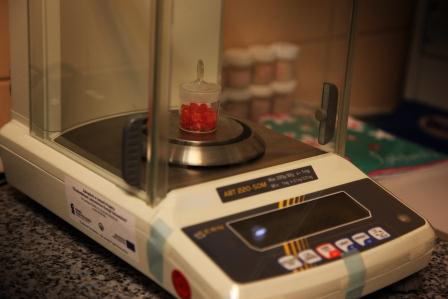
The classroom will be equipped with a universal devices for comprehensive preparation of the material used in laboratories of the Centre of Research & Innovations in researches connected with biomass production for alternative energy, as well as in terms of the safe production, high quality food, and in the study of the widely understood natural environment.
<<

